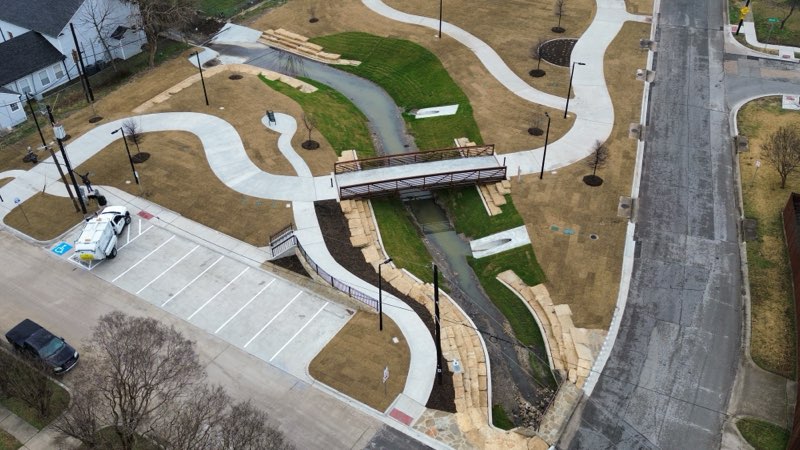
The Environmental Benefits of Using Concrete in Modern Construction Apr 01, 2025
As sustainability becomes a top priority in construction, more companies are reevaluating their material choices to minimize environmental impact. Concrete, often perceived as a traditional and uninspiring material, is emerging as a surprisingly sustainable option in modern construction projects. EMG Construction is at the forefront of this trend, championing the use of concrete for its significant environmental benefits. Let’s explore why concrete stands out as an eco-friendly choice and how it can contribute to greener building solutions.One of the primary environmental benefits of using concrete is its durability. Concrete structures are known for their long lifespan, reducing the need for frequent replacements or repairs. This longevity not only saves resources over time but also diminishes waste output, as fewer materials end up in landfills. Additionally, the energy consumption associated with manufacturing and transporting replacement materials is significantly reduced.Concrete's thermal mass is another key advantage in modern construction. It has the ability to absorb and store heat, which enhances energy efficiency. By regulating temperature fluctuations, concrete buildings maintain a more consistent indoor climate, reducing reliance on heating and cooling systems. This thermal efficiency can lead to substantial energy savings and a reduction in greenhouse gas emissions over the building's life cycle.Locally sourcing materials is an effective way to lower a project's carbon footprint, and concrete is often made from locally available aggregates. By using local resources, construction companies like EMG Construction can reduce the environmental costs and emissions associated with transporting materials over long distances. This practice not only supports local economies but also minimizes the environmental impact of new construction projects.The recyclability of concrete further underscores its environmental merit. Concrete can be recycled and used as aggregate in new construction projects, significantly reducing the need for virgin materials. This process helps conserve natural resources and lessens the strain on raw material sources. Recycled concrete aggregate is just as effective as newly mined aggregates, ensuring that high-quality standards are maintained without additional environmental cost.Moreover, advances in concrete technology have made it possible to produce more sustainable variants of concrete, such as Portland limestone cement and geopolymer concrete. These alternatives incorporate industrial by-products which not only improve concrete’s environmental profile but also enhance its performance characteristics. EMG Construction is committed to exploring these innovative products to offer clients environmentally responsible options without compromising on quality.The reduction of urban heat islands is another area where concrete contributes positively to the environment. Light-colored concretes reflect more solar radiation and absorb less heat compared to darker materials, maintaining cooler urban environments. This property can help mitigate the urban heat island effect, improving comfort levels in densely built-up areas and reducing energy use for air conditioning during hot months.In conclusion, concrete is gaining recognition for its environmental benefits in modern construction applications. From its durability and thermal mass properties to its recyclability and production from local resources, concrete offers numerous advantages that align with sustainable building goals. EMG Construction is dedicated to pushing the boundaries of eco-friendly building practices, focusing on concrete as a key material in creating greener environments. By choosing concrete, you are not only investing in a resilient and energy-efficient structure but also contributing to a sustainable future.
/filters:no_upscale()/media/0260e8a8-d971-45bd-9bdf-ce5d0481b22d.jpeg)
/filters:no_upscale()/filters:format(webp)/media/7c6561c7-cabe-4325-84e7-9be60279968c.jpg)